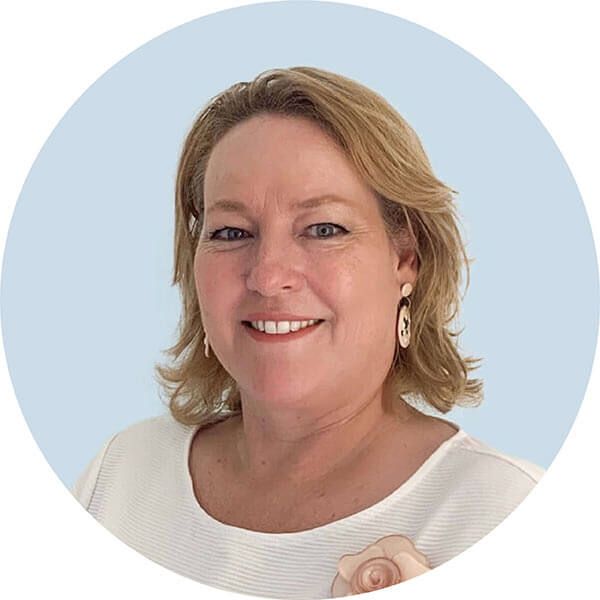Largely moving out of home generally falls into 2 categories; you are likely pursuing work or completing studies. Of course, there are a raft of instances that do not fall into either category. The assumption I will make is you are having to secure some level of income to pay your day to day bills.
Let’s look at Jack; he finished his carpentry apprenticeship and is now working full time, has $2000 saved and he was moving in with his mates. Let the good times roll!
All 3 of them had devised the plan of splitting rent, water and electricity. Groceries were user buys and if partners stayed more than 2 nights a weekly a surcharge would be due that week to cover extra costs. All 3 names went on the 12 month lease.
When I spoke to Jack, he had mixed casual jobs over the years and had been with 2 employers while completing his apprenticeship. He had 2 super funds and had no idea how he was invested or what insurance he had. His employers had set up his super accounts and he didn’t really care at the time. Now he is working full time and going to be putting around $6,000 into super each year it was time we worked out how and where to invest this to best match Jack. We consolidated his funds and ensured he was investing in an option that suited his time frame and goals for retirement savings.
Next was to look at protecting his income. He was fit and had only had minor injuries like most fit and healthy 20-somethings! Currently Jack spends most of his income and that was while living at home! He has already worked out he can cut back on nights out because he can stay in more! Reality is that if Jack broke his leg and couldn’t work for 4 months he would be in some strife. We set Jack up to cover 75% of his income that would kick in after a month for insurable events and now is Jack being financially independent - what a legend!








